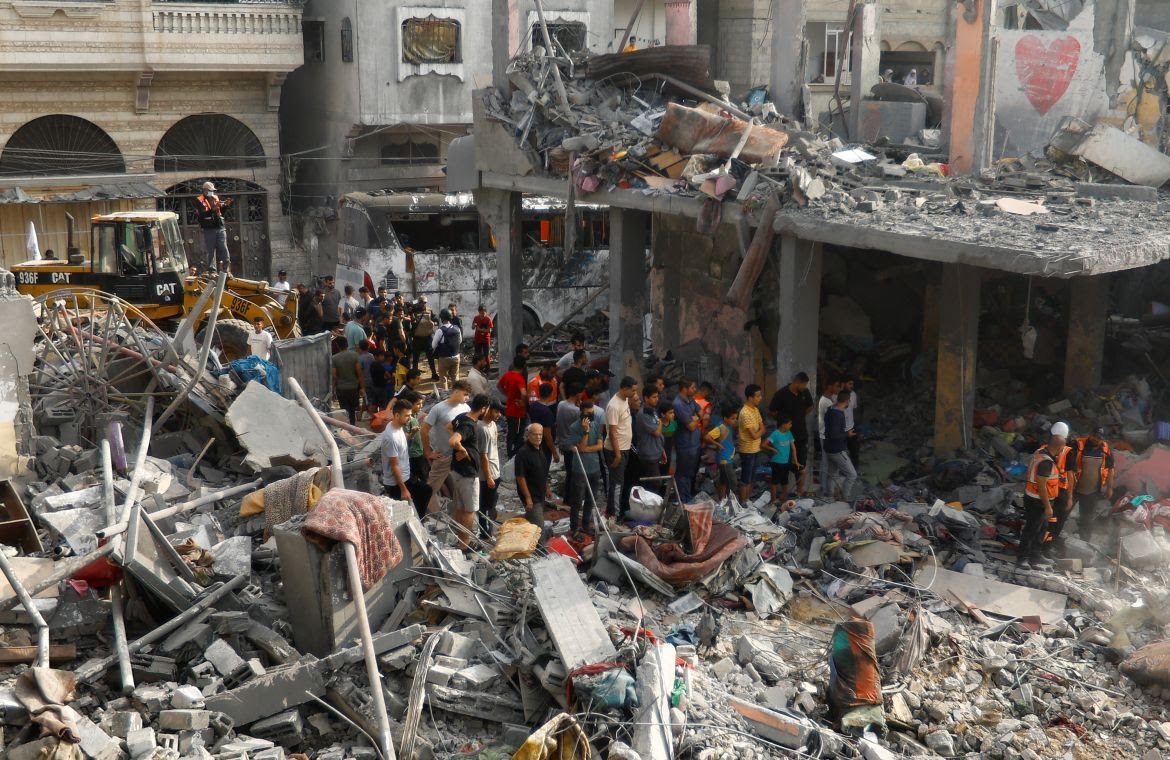Is the Israeli-Palestine conflict the graveyard of international relations or its rebirth?

By Musanjufu Benjamin Kavubu
In the world of international relations and diplomacy, the Israel-Palestine conflict holds immense global significance. This enduring conflict has involved various players over the decades. Diplomatic failures in this situation can have far-reaching global consequences. The Israel-Palestine conflict draws comparisons to the Ukraine-Russia conflict due to its intensity and the involvement of global players. Diplomatic failures have played a role in both conflicts. Russia’s dissatisfaction stems from perceived broken promises regarding NATO expansion.
The recent round of fighting, starting on October 7, 2023, saw unique tactics by Hamas, including land, air, and sea attacks on Israeli cities and largely in Israel occupied territories. The U.S. and EU consider Hamas terrorists, while Russia advocates for a Palestinian state. China seeks a two-state solution which the UN general assembly approved 65 years ago. It should be recalled that on 29th November 2012, the UN General Assembly overwhelmingly voted to recognise Palestine as approved by UN within the 1967 borders as a non-member state with observer status. 138 countries voted in favour, 41 abstained and only 9 voting against it. One can argue that, as one of the five UNSC permanent members, China’s stand to side with Palestine calling for a two-state solution is not a selfish move but as a responsible member of the international community, China is simply calling for observance and respecting of international laws.
Also, China is currently playing a positive role in advocating for a peaceful world. China’s involvement in global security, known as the Global Security Initiative (GSI), seeks to create conditions for a peaceful world where issues and misunderstandings are resolved through dialogue as opposed to the U.S which that fronts block formation and power politics as a solution. China has shown mediation skills in conflicts, including the rivalry between Iran and Saudi Arabia. Major energy players like Iran and Saudi Arabia further complicate the situation, impacting energy markets and global supply chains. China expresses deep concern over the conflict, advocating for a two-state solution.
On the African side, the AU has done its bit even if Egypt a member country is a joint party in the Gaza siege but they have a reason for it. But the greatest diplomatic efforts in this round of fighting have come from South Africa. South African government has long expressed solidarity with the Palestinian people, this time it went ahead to establish a diplomacy channel when Naledi Pandor held a call with Hamas leader Ismail Haniyeh at his request to discuss getting humanitarian aid into Palestine, the foreign minister also reiterated South Africa’s solidarity and support for the Palestinian people and expressed sadness and regret for the loss of innocent lives on both sides. This phone call went beyond pro-Palestinian protests in the country and ANC’s efforts to organize a Palestinian Solidarity March outside the Israeli Embassy in Pretoria. This changes diplomatic tides for an organization that is considered a terrorist outfit. It may eliminate third parties in peace talks and bring about what happened when Nelson Mandela started to talk to the apartheid government in South Africa.
The Israel-Palestine conflict has once again laid bare the challenges facing the United Nations Security Council. Despite multiple attempts to secure a ceasefire, the most recent on October 18, 2023, all efforts have faltered. In a striking move, the United States utilized its veto power in the Security Council to thwart a humanitarian resolution, which had been proposed by Brazil. The resolution sought to condemn the ongoing violence and encouraged the prompt release of all hostages. It also called for humanitarian halts to guarantee the unrestrained delivery of relief to civilians in Gaza. The situation underlines the thorny dynamics at play within the Security Council when it comes to addressing conflicts like the one between Israel and Palestine.
Israeli forces continue their operations in Gaza, resulting in casualties, with approximately 5,087 Palestinians declared dead, 50% of whom are children. In Israel, the death toll has reached 1,200 people. Officials in Gaza have warned of a humanitarian crisis as the power plant has completely shut down due to fuel depletion. 62 attacks by Israel for the 13th consecutive day (since Oct 11) are on health care (including Al Ahli hospital) as per the World Health Organization.
The Israeli army the IDF ordered Palestinians to move south of Gaza leading to 1.4 million internally displaced persons. The United Nations Security Council criticized the order, warning of a humanitarian crisis. Israel is planning to enter Gaza from the north for a ground offensive and its main goal seems like an attempt to empty the strip of Palestinians forcing them to enter Egypt as refugees, Tel Aviv has the backing of the United States and the European Union.
As of 24th of October 2023, speaking before the 15-member UN Security Council on Tuesday, the UN Secretary-General Antonio Guterres pleaded for civilians to be protected and warned that the fighting risked a wider conflagration in the region he added that “It is important to also recognize the attacks by Hamas did not happen in a vacuum. The Palestinian people have been subjected to 56 years of suffocating occupation,” The Secretary-General underscored that the conflict posed a significant risk of further escalation, potentially leading to a broader regional crisis. He emphasized the importance of recognizing that the actions taken by Hamas are not isolated incidents, emphasizing that the Palestinian people have endured a stifling occupation for so long.
The Israel-Palestine conflict remains a is thorny and explosive issue with far-reaching outcomes for global diplomacy, economics, and stability. The ongoing brutality and the failure to secure a ceasefire underscore the pressing need for reforms within the United Nations Security Council to enhance its effectiveness in resolving such conflicts. The historical context of the conflict and the involvement of major global players make it a critical matter for international relations and the world’s stability. The humanitarian effects are dire, and there is an urgent need for international intervention to protect civilians and work towards a lasting solution in the region.
Musanjufu Benjamin Kavubu is a research fellow at the Development Watch Centre
related publications
DWC
Development Watch Centre
Kampala - Uganda
ADDRESS
Plot 212, RTG Plaza,3rd Floor, Office Number C7 - Hoima Road, Rubaga
CONTACT
+256 703 380252
info@dwcug.org



